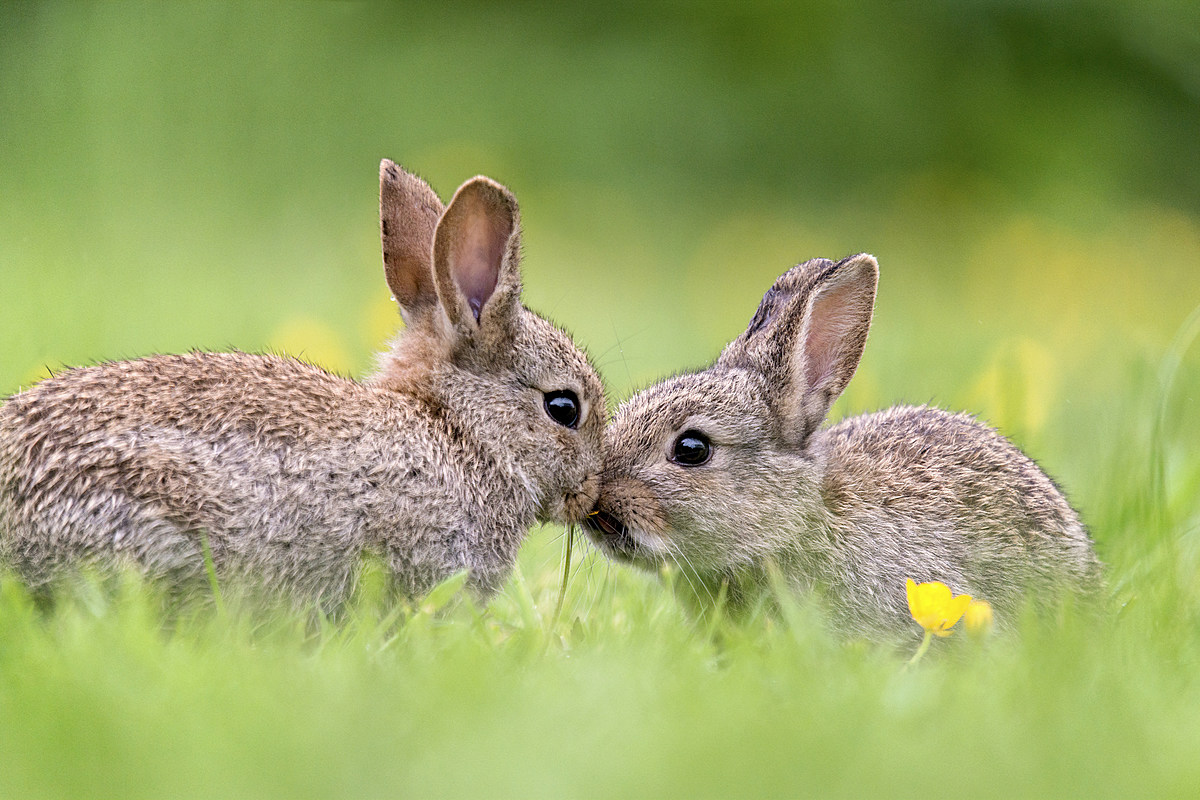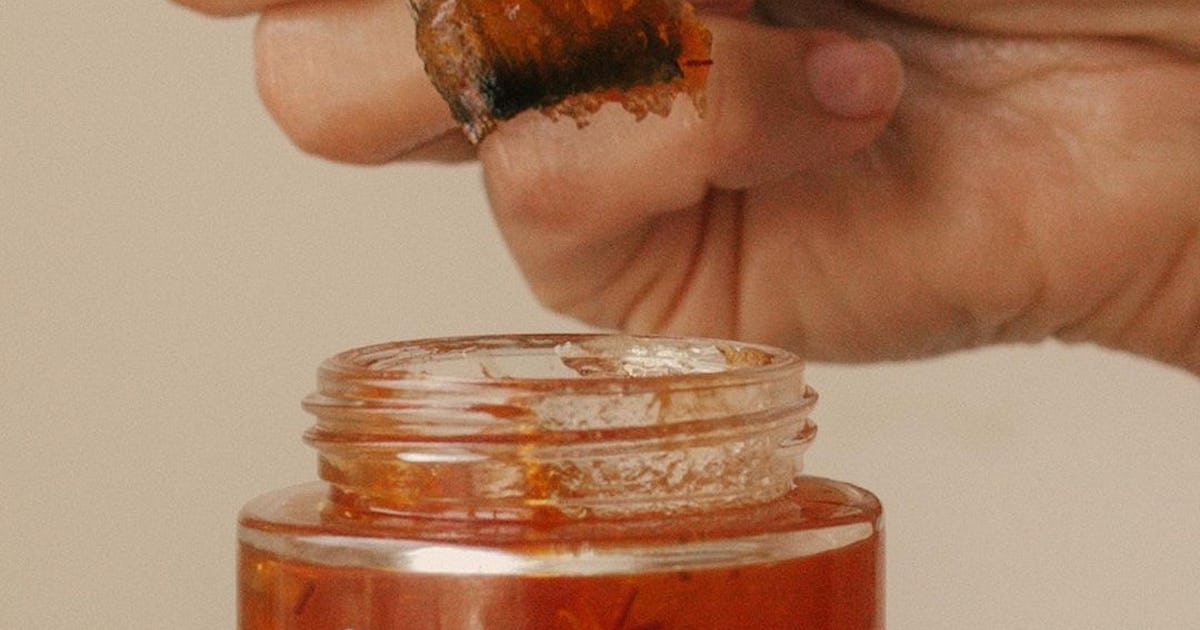Mexico Will become 1st North American Place to Ban Animal Screening
Mexico just passed a ban on cosmetic animal testing with unanimous assist in the country’s Senate, marking the first time a North American govt has handed this legislation. Mexico’s ban will make it the 41st place in the planet to ban animal screening in the cosmetics field. The bill will extend to prohibit the import, internet marketing, and producing of all cosmetics analyzed on animals. The federal bill is sponsored by Senator Ricardo Monreal and supported by cosmetic giants Unilever, P&G, L’Oreal, Avon, LUSH, and more.
The Mexican federal government passed the invoice subsequent years of campaigns and petitions to abandon beauty testing inside of the industry. The campaigns led by ONG Te Protejo and the Humane Society Worldwide lobbied the govt to pass the ban and exchange animal testing with cruelty-free of charge approaches.
“We thank the Mexican authorities for displaying management on this critical issue, and we will continue on to do the job with them to employ the commitments and enforce a sturdy ban,” Executive Director of Humane Modern society International in Mexico Antón Aguilar reported. “This is a monumental move forward for animals, shoppers, and science in Mexico, and this floor-breaking laws prospects the way for the Americas to grow to be the upcoming cruelty-totally free natural beauty current market, and brings us just one bunny-leap closer to a worldwide ban.”
The ONG Te Protejo introduced the #CrueltyFreeMexico campaign to challenge the Mexican authorities to shift against cosmetic animal tests. The organization aimed to draw recognition


/https://www.thestar.com/content/dam/thestar/life/together/pets/2021/08/01/toronto-animal-wranglers-get-creatures-ready-for-their-close-ups/murdoch_dogs.jpg)



















/https://specials-images.forbesimg.com/imageserve/604ad3acf728cc29468fec2e/0x0.jpg?cropX1=0&cropX2=846&cropY1=47&cropY2=523)
![See Inside the Amazing Homes of State Music’s Queens [Pics]](https://townsquare.media/site/204/files/2020/08/tim-mcgraw-faith-hill-mansion-california-pictures.jpg?w=1200&h=0&zc=1&s=0&a=t&q=89)












